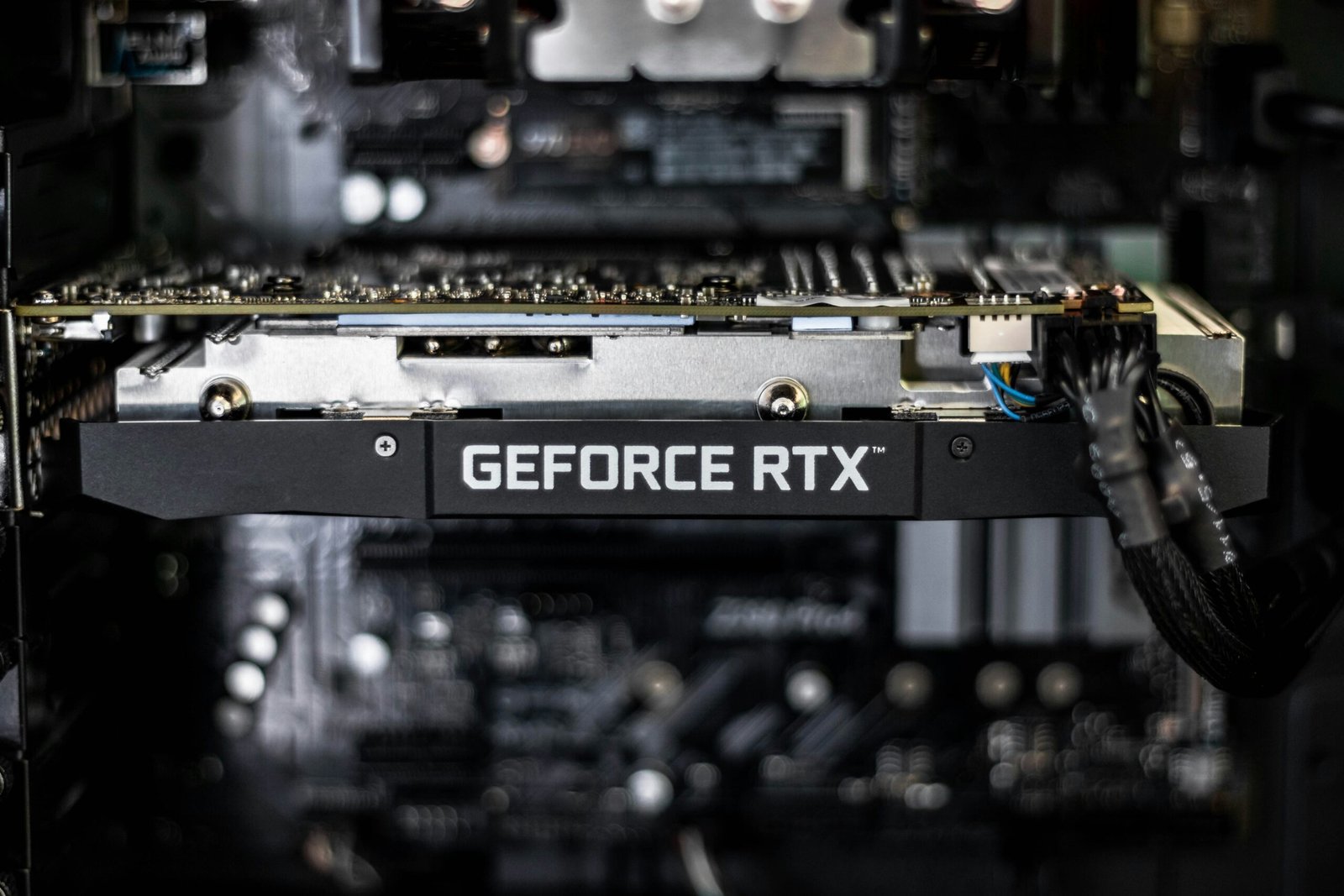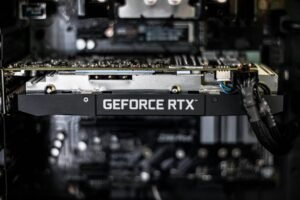NVIDIA ASIC Design Hardware Engineer

About Course
NVIDIA ASIC Design Hardware Engineer Interview Questions
This technical course is specifically designed for engineers preparing for the rigorous NVIDIA ASIC Design Hardware Engineer interview. Whether you’re applying for roles in custom GPU logic, memory subsystems, RTL integration, or physical design enablement, this module helps you prepare for NVIDIA’s complex and fast-paced design environment. Featuring 75 targeted NVIDIA ASIC Design Hardware Engineer interview questions, the course covers RTL, verification collaboration, timing closure, power optimization, and cross-functional design decisions.
NVIDIA’s ASIC design teams are responsible for building industry-leading chips used in AI, gaming, autonomous vehicles, and datacenters. Engineers must demonstrate mastery across RTL design, synthesis, timing analysis, and cross-team integration. The NVIDIA ASIC Design Hardware Engineer interview questions in this course mirror those real-world challenges, ensuring you’re ready to perform from the first round through the final panel.
Course Overview
You’ll explore 75 interview-grade NVIDIA ASIC Design Hardware Engineer interview questions, each accompanied by detailed explanations that build conceptual clarity and problem-solving confidence. This course simulates both the technical depth and system-level awareness expected by NVIDIA.
Topics Covered
The NVIDIA ASIC Design Hardware Engineer interview questions span key domains:
RTL Microarchitecture and Coding
-
Designing modules using Verilog/SystemVerilog with clock gating and testability
-
Writing synthesizable, parameterized RTL with low-power considerations
-
Handling corner cases, metastability, and reset behavior
Timing and Synthesis
-
Understanding static timing analysis (STA), false paths, and multi-cycle paths
-
Interpreting timing reports and fixing hold/setup violations
-
Constraints writing for synthesis and place-and-route handoff
Low Power and Clocking Architecture
-
Inserting power intent (UPF/CPF) and designing for dynamic power reduction
-
Clock domain crossing (CDC) analysis and safe synchronization
-
Clock gating strategies and hierarchical clock tree planning
Design for Test (DFT) and Verification Readiness
-
Scan insertion, ATPG awareness, and boundary scan integration
-
Ensuring RTL quality meets coverage and testability thresholds
-
Collaborating with DV and test engineers to resolve integration bugs
Physical Design Interaction
-
Supporting floorplanning and congestion-aware RTL choices
-
Driving RTL clean handoff to synthesis and physical teams
-
Reviewing ECO flow and RTL change impact on netlist timing
Collaboration and Design Ownership
-
Debugging integration-level issues across blocks
-
Writing clear design specifications and test plans
-
Managing design reviews and documenting RTL behavior
Why This Course Works
These NVIDIA ASIC Design Hardware Engineer interview questions simulate the exact blend of logic design, timing awareness, and collaboration skills needed to thrive at NVIDIA. Explanations highlight best practices and real-world tradeoffs, so you’re ready not just to answer—but to explain your thinking clearly under interview pressure.
You’ll learn how to:
-
Write efficient, clean, and testable RTL
-
Optimize designs for area, power, and timing under realistic constraints
-
Communicate effectively with verification, physical design, and test teams
This depth of understanding and communication is exactly what NVIDIA looks for in ASIC design engineers.
Who Should Use This Course
This course is ideal for:
-
RTL designers targeting NVIDIA’s ASIC teams (e.g., GPU cores, memory, connectivity)
-
Hardware engineers preparing for full-time or internship ASIC roles
-
Graduate students or early-career professionals transitioning into high-performance design roles
If you want to work on the world’s most complex chips, these NVIDIA ASIC Design Hardware Engineer interview questions will help you stand out.
Sample Questions You’ll See
-
How would you design a clock gating strategy for a multi-clock SoC block?
-
A hold violation appears in synthesis. What are your debug and fix steps?
-
What RTL coding guidelines do you follow to ensure testability?
-
How do you synchronize signals across asynchronous clock domains?
Each NVIDIA ASIC Design Hardware Engineer interview question builds your confidence and sharpens your ability to solve high-impact design problems under pressure.
Start Preparing Today
Master these 75 NVIDIA ASIC Design Hardware Engineer interview questions and prepare to contribute at one of the world’s most respected chip design companies. Whether you’re building RTL for GPUs, AI accelerators, or datacenter processors, this course gives you the edge to perform with clarity and precision.
Apply For Roles at NVIDIA Today
Practice More NVIDIA Interview Questions

Course Content
NVIDIA ASIC Design Hardware Engineer Interview Questions
-
NVIDIA ASIC Design Hardware Engineer Interview Questions – Easy
-
NVIDIA ASIC Design Hardware Engineer Interview Questions – Medium
-
NVIDIA ASIC Design Hardware Engineer Interview Questions – Difficult
-
NVIDIA ASIC Design Hardware Engineer Interview Questions – Behavioral/Culture Fit